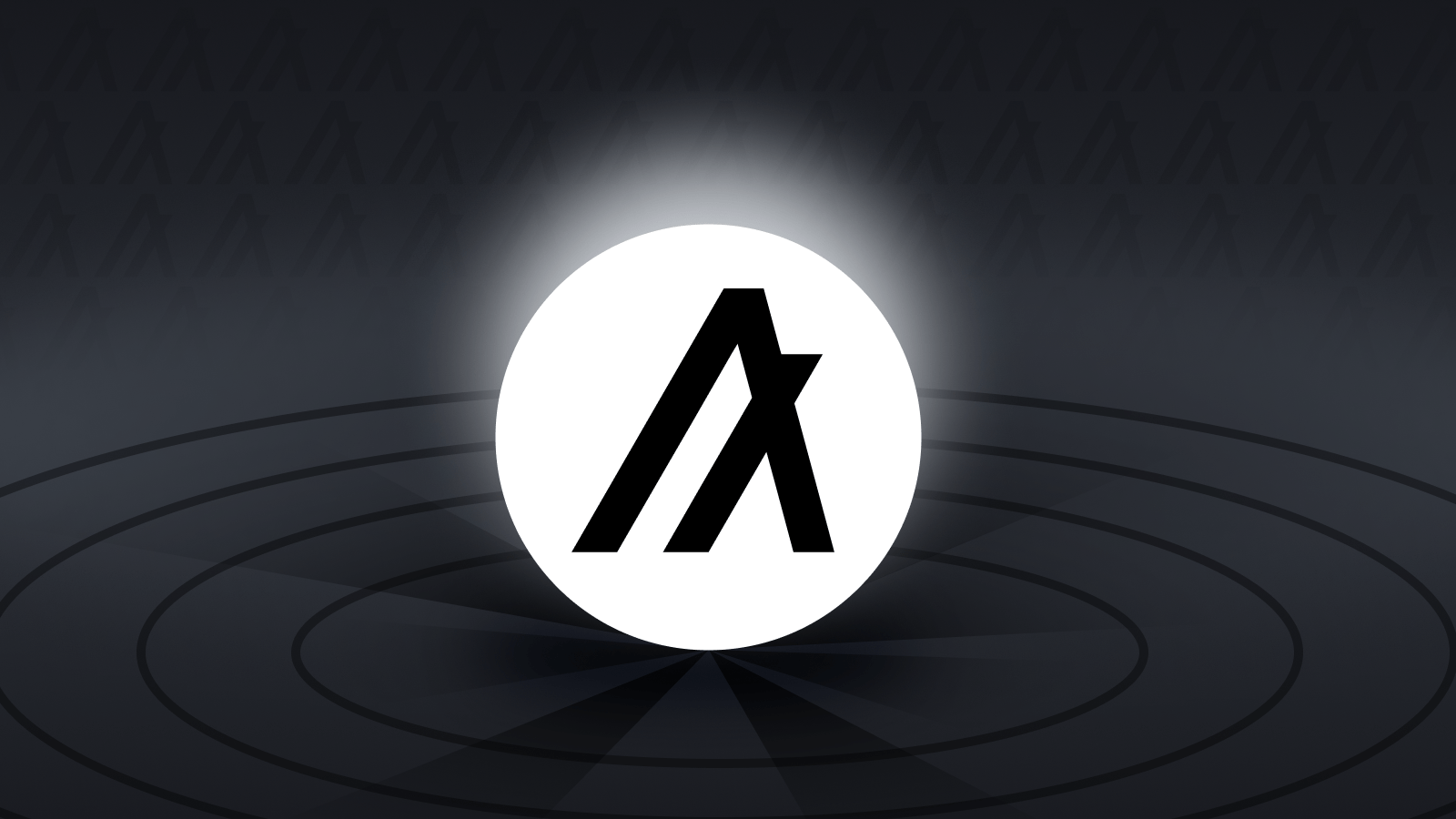
What is Alogrand (ALGO)
Algorand is a next-generation blockchain platform that aims to provide a scalable and secure infrastructure for decentralized applications and digital assets. Developed by Turing Award winner Silvio Micali, Algorand is based on a unique consensus algorithm that is designed to overcome the scalability limitations of traditional blockchain networks such as Bitcoin and Ethereum.
One of the key features of Algorand is its use of a consensus algorithm called Pure Proof of Stake (PPoS). Unlike traditional Proof of Work (PoW) algorithms, which rely on computational power to validate transactions and secure the network, PPoS uses a combination of cryptographic techniques and economic incentives to achieve consensus. This means that instead of relying on powerful mining rigs to validate transactions, Algorand uses a network of validators who are chosen based on their stake in the network.
The use of PPoS enables Algorand to achieve high levels of scalability and security. Because validators are chosen based on their stake in the network, the more a user holds, the more likely they are to be selected as a validator. This creates an economic incentive for users to hold and stake their Algos, which helps to secure the network. Additionally, because validators are selected randomly, it makes it much more difficult for any single entity to control the network and manipulate the system.
Another major feature of Algorand is its use of a technology called threshold signatures. This allows for multi-party computations to be performed on the blockchain, which can enable a wide range of new use cases and applications. For example, threshold signatures can be used to create decentralized exchanges, which allow for the trading of digital assets without the need for a centralized intermediary. Additionally, threshold signatures can be used to enable private transactions, which can help to protect the privacy of users on the network.
Algorand also has a unique feature called “atomic swap” which allows for a cross-chain swap of assets. It allows two parties to exchange two different assets, without the need for a trusted intermediary. This feature can be used to create decentralized marketplaces, where users can trade different assets without the need for a centralized exchange.
One of the key benefits of Algorand is its ability to handle large numbers of transactions per second. Unlike Bitcoin and Ethereum, which can only handle a few transactions per second, Algorand is able to handle thousands of transactions per second. This makes it an ideal platform for decentralized applications that require high levels of scalability, such as online gaming, micropayments, and decentralized finance (DeFi) applications.
Another benefit of Algorand is its low transaction fees. Because the network is able to handle large numbers of transactions, the cost of each transaction is relatively low. This makes it an attractive option for businesses and developers looking to build decentralized applications that can handle large numbers of transactions without incurring high costs.
In conclusion, Algorand is a next-generation blockchain platform that aims to provide a scalable and secure infrastructure for decentralized applications and digital assets. Its use of Pure Proof of Stake consensus algorithm and threshold signatures provides a high level of scalability and security, while its atomic swap feature and low transaction fees make it an attractive option for businesses and developers looking to build decentralized applications.
It is important to note that Algorand is relatively a new blockchain platform and yet to be fully adopted by the market and it’s not without criticisms. As with any new technology, it will take time to see how it fares in the real-world use cases and whether it can truly deliver on its promises. However, the potential of Algorand is certainly worth keeping an eye on.

Comments